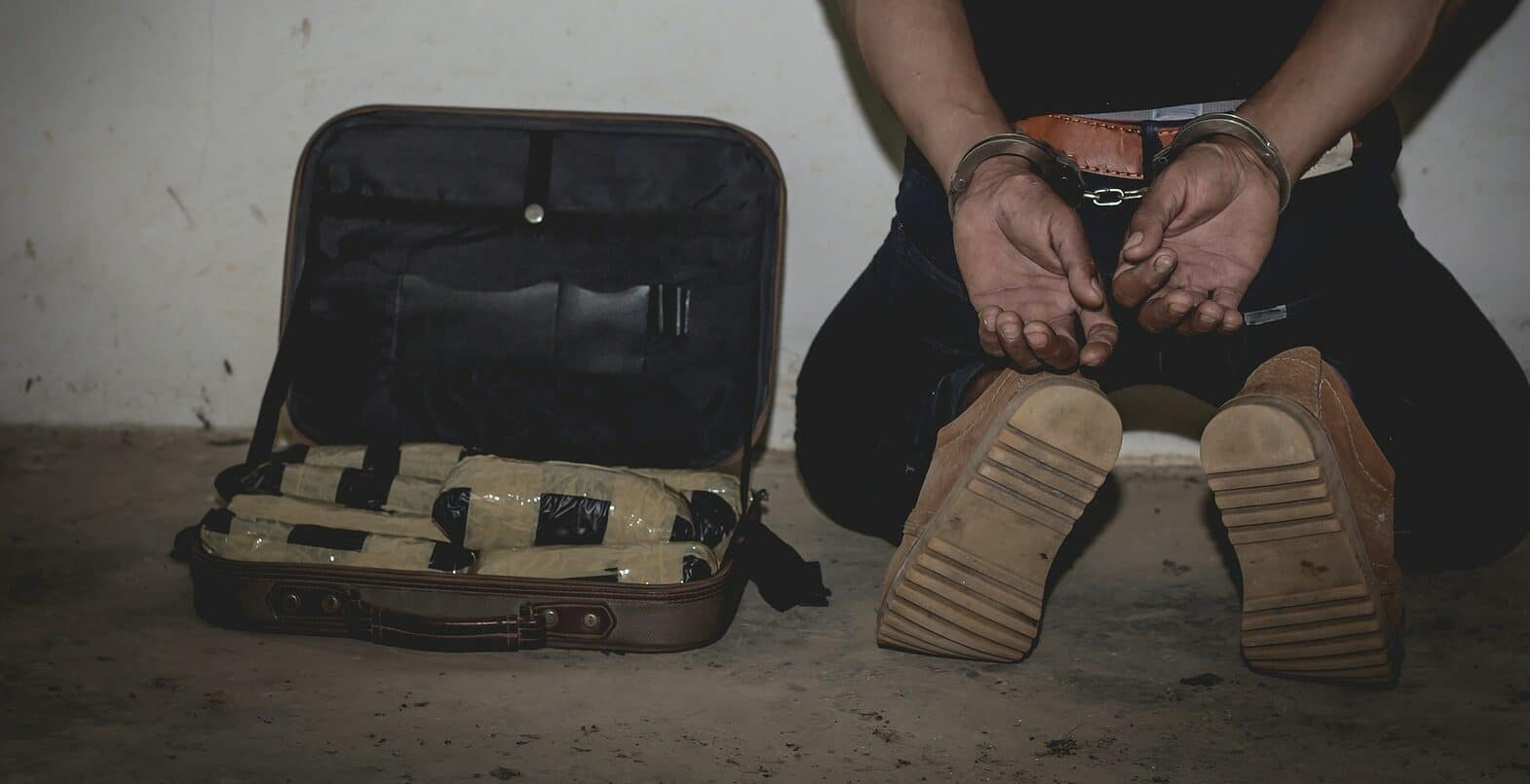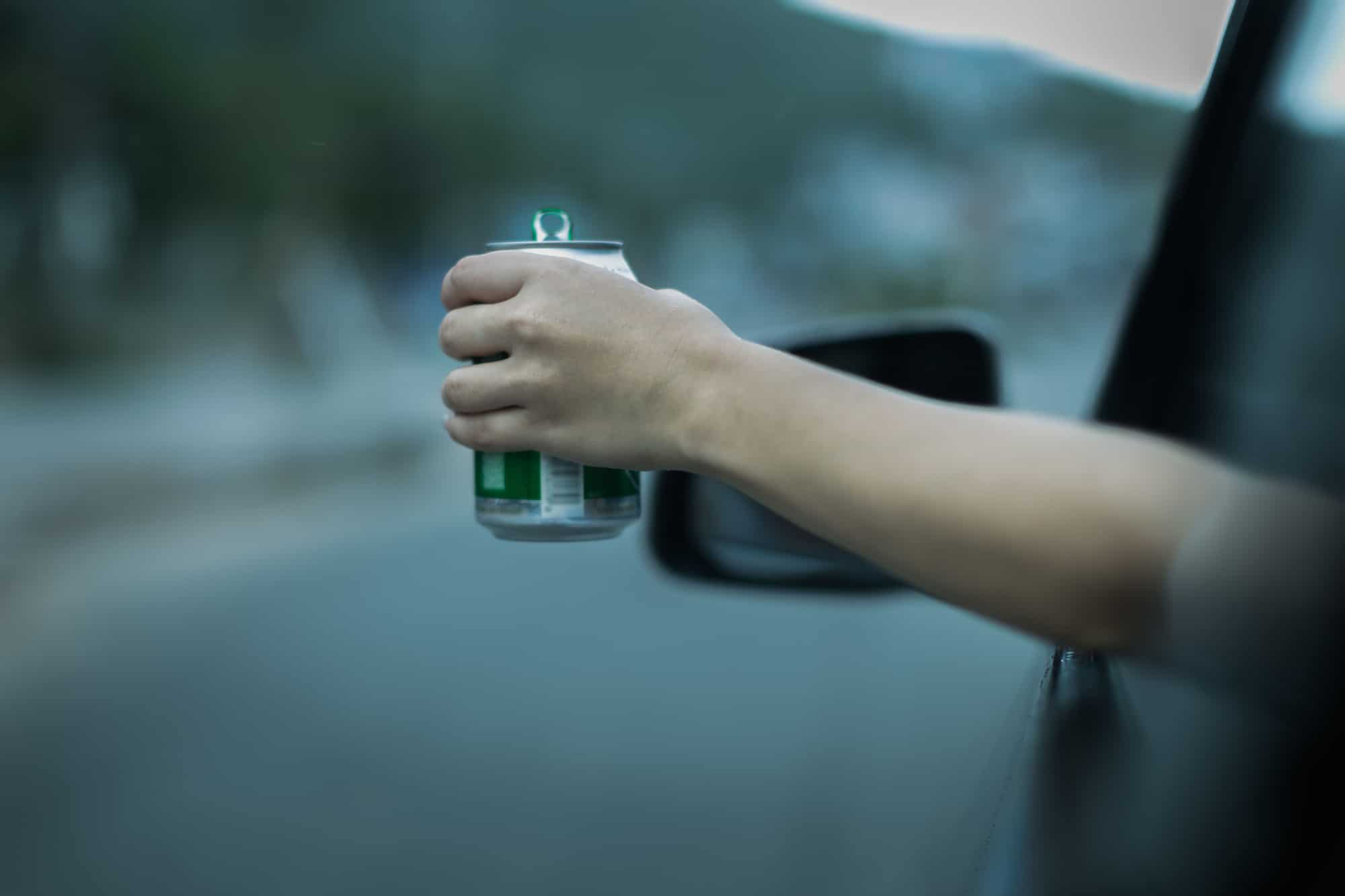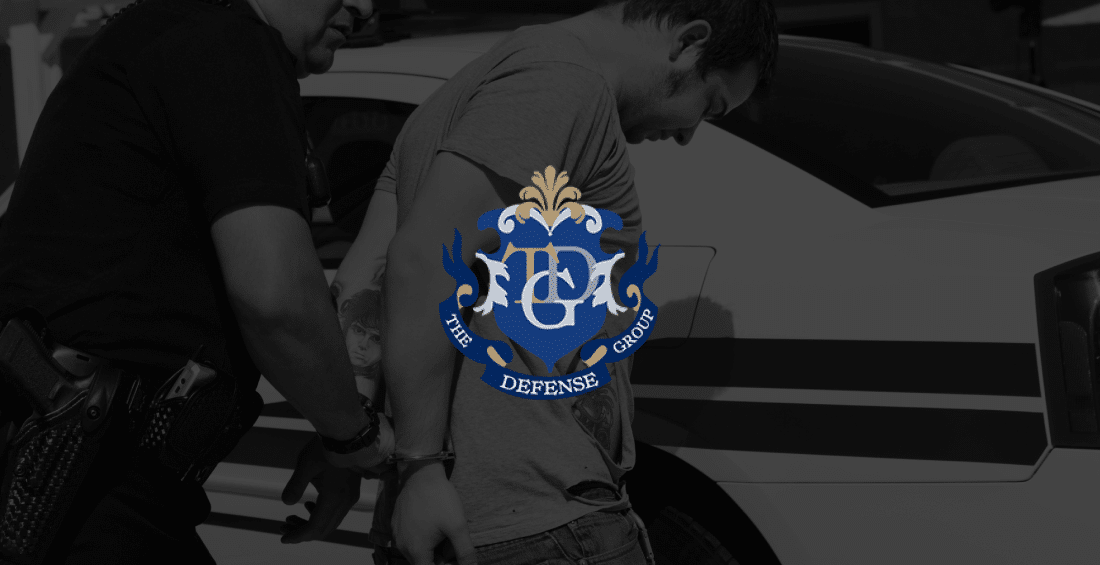What Does Florida Law Say About Drug Trafficking?
Florida law is quite strict when it comes to drug trafficking. The Florida Statutes Section 893.135 outlines the penalties for drug trafficking, which can range from a minimum of 3 years in prison and a $25,000 fine to a maximum of 30 years in prison and a $500,000 fine.
The severity of the punishment is determined by the type and quantity of drugs involved. For instance, trafficking in cannabis carries a lower penalty than trafficking in cocaine or opioids.
In Florida, drug trafficking is not limited to selling or distributing drugs. If you are found in possession of a certain amount of drugs, you can be charged with trafficking. For example, possession of more than 25 pounds of cannabis or more than 28 grams of cocaine can lead to a trafficking charge.
Can the Type of Drug Impact My Case?
Yes, the type of drug involved in your case can significantly impact the charges and potential penalties you face. Florida law classifies drugs into various “schedules” according to their potential for abuse and recognized medical use. Schedule I drugs, including heroin and LSD, are deemed the most hazardous and incur the most severe penalties.
On the other hand, Schedule V drugs, which include certain over-the-counter medications, are considered less dangerous and carry lighter penalties.
For example, if you’re charged with trafficking in a Schedule I drug like heroin, a mandatory minimum sentence of 25 years in prison could be imposed on you, along with a $500,000 fine if the quantity is 28 grams or more. However, if you’re charged with trafficking in a Schedule V drug, the penalties are significantly less severe.
What Are Some Potential Defense Strategies?
There are several defense strategies that an experienced attorney might employ in a drug trafficking case. A frequent approach involves disputing the legality of the search that uncovered the drugs. Should the police lack a proper search warrant or sufficient probable cause to perform the search, any evidence gathered may be ruled inadmissible in court.
Another potential defense strategy is challenging the actual possession of the drugs. If the drugs were found in a location accessible to multiple people, your attorney might argue that they belonged to someone else. This is known as the “constructive possession” defense.
In some cases, your attorney might also challenge the calculations of the weight of the drugs. The weight is a key factor in determining the severity of a trafficking charge. Questioning the weight could potentially reduce the severity of the charge.
What If the Drugs Were Planted?
In some cases, individuals may be charged with drug trafficking based on drugs that were planted or falsely attributed to them. This is a serious violation of your rights.
If you suspect that the drugs were planted, your attorney can investigate your arrest and the conduct of the law enforcement officers involved. They can also challenge the credibility of the prosecution’s witnesses and the reliability of the evidence against you.
The burden of proof is on the prosecution. They must prove beyond a reasonable doubt that you were in possession of the drugs and that you intended to traffic them. If your attorney can raise reasonable doubt about these elements, you may be able to avoid a conviction.
What Are the Consequences of a Drug Trafficking Conviction?
In Florida, a conviction for drug trafficking can have serious and extensive consequences. Beyond the immediate penalties of imprisonment and hefty fines, a conviction can also have long-term impacts on your life. It may impact your job opportunities, housing options, and even your ability to vote or possess a firearm.
For instance, many employers perform background checks and might be wary of hiring individuals with a drug trafficking conviction.
Likewise, landlords could be hesitant to rent to someone with this type of conviction. Additionally, a felony conviction can lead to the forfeiture of certain civil rights, including the right to vote or possess a firearm.
A drug trafficking conviction can also have serious consequences for your immigration status. Non-U.S. citizens, including green card holders, may face deportation if convicted of drug trafficking.
What Should I Do if I’m Arrested for Drug Trafficking?
If you’re arrested for drug trafficking, it’s important to remember your rights. You have the right to remain silent and the right to an attorney. It’s crucial that you exercise these rights to protect yourself. Do not provide any information to the police without first consulting with an attorney. Anything you say can be used against you in court.
As soon as possible, contact an experienced attorney. They can provide crucial guidance and representation, helping you navigate the legal process and fight the charges against you.
How Can an Attorney Help Me?
An experienced attorney can be invaluable in navigating the complexities of a drug trafficking case. They can thoroughly review your case, identify potential weaknesses in the prosecution’s evidence, and develop a strong defense strategy. They can also negotiate with the prosecution to potentially reduce the charges or the sentence.
An attorney can also represent you in court, argue on your behalf, and work tirelessly to achieve the best possible outcome for your case.
If you have been involved in a drug trafficking case, call The Defense Group today at 407-743-8430 for a free consultation. The stakes are high, and the right legal representation can make all the difference in your case.











